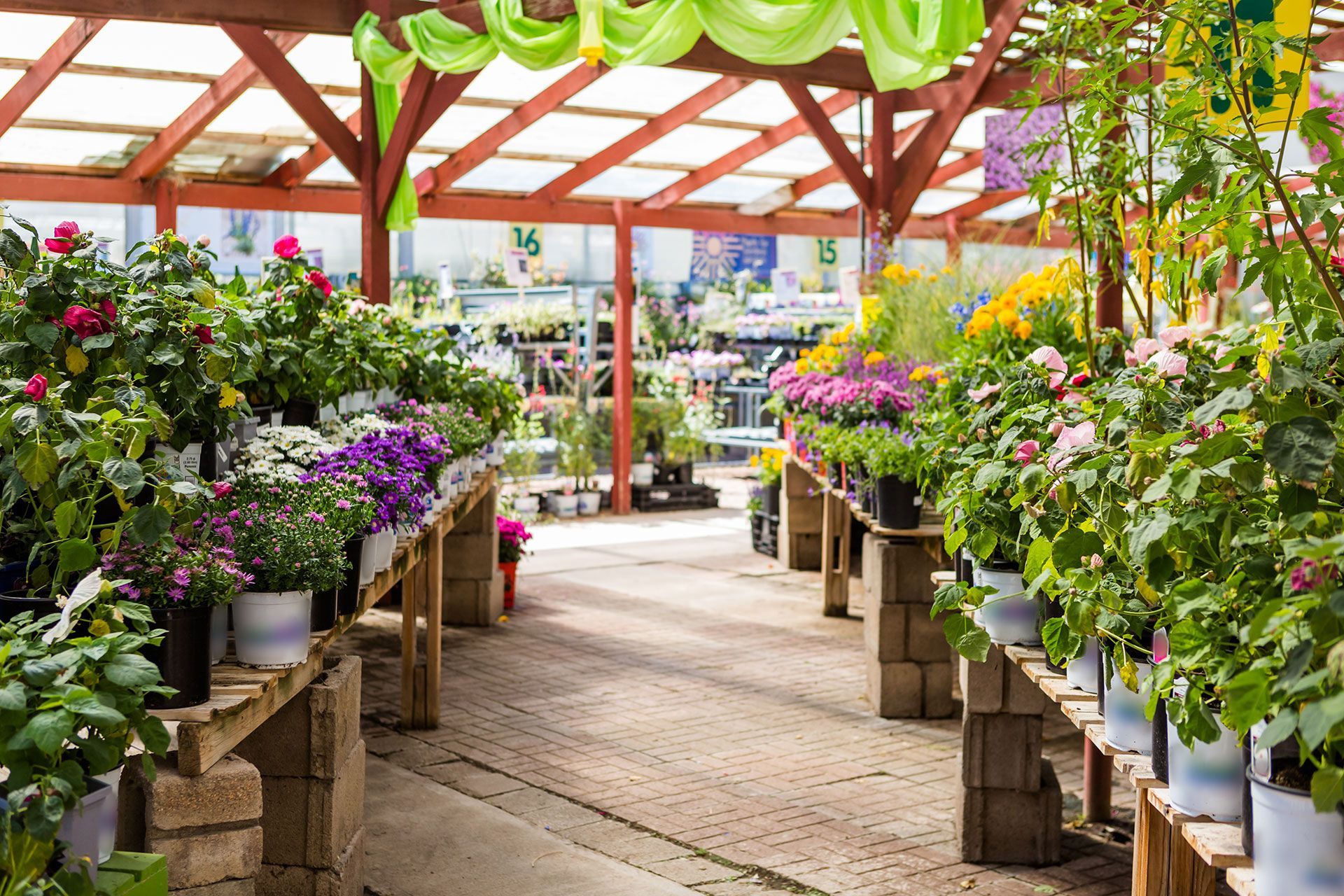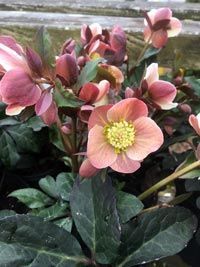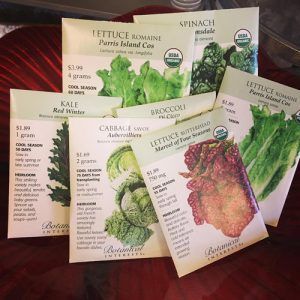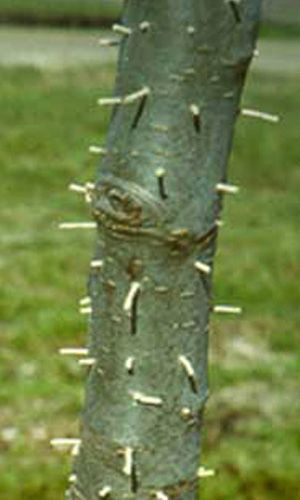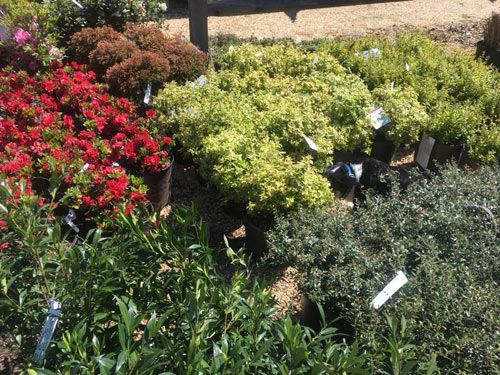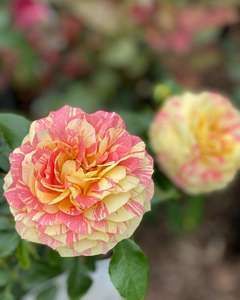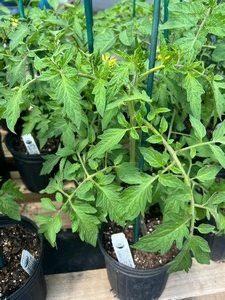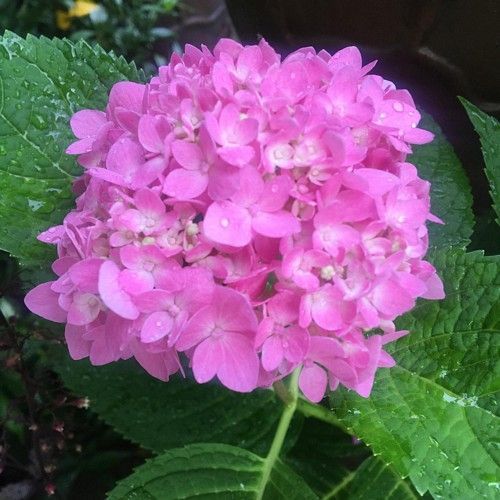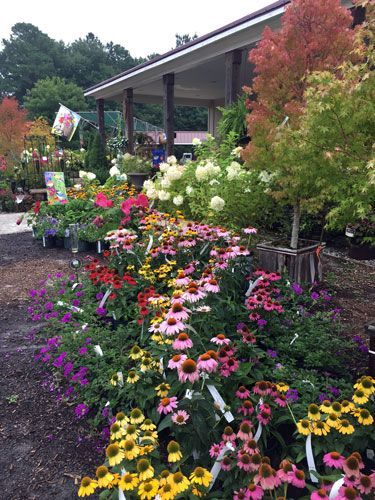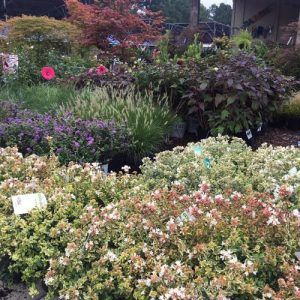Composting
COMPOSTING
Compost Is Not A Dirty Word
From Carol Stein’s Gardeners Forum
Special
Vermiculture (Worm Farming) info from Jack Holland, Carol’s Dad
Requirements for Compost Bins or Piles
AERATION – Microbes need oxygen. Mix compost piles once or twice a month to aerate. A well-mixed pile reaches 150 degrees F at the core, helping to destroy weed seeds and pathogens.
MOISTURE – Water compost periodically to keep damp.
FERTILIZER – Microbes require nitrogen. Leaves decompose faster when mixed with grass clippings (higher in nitrogen). Poultry litter, manure, or blood meal are organic sources of nitrogen.
LIME – Not necessary for decomposition of most yard wastes in an aerated compost pile. If large quantities of pine needles, pine bark or vegetable and fruit waste are composted, additional lime reduces acidity.
PARTICLE SIZE – Smaller particles mean quicker decomposition. Shred large batches of leaves by running the lawn mower over them (here’s where a bagger attachment comes in handy).
LOCATION – Place piles or bins near the place the compost will be used. Do not locate near a well or on a slope that drains to surface water. Keep a good distance from tree roots. Protect from drying winds and provide partial sunlight.
Materials to Compost
From the Yard & Garden
• Leaves
• Grass clippings
• Nonwoody plant parts
• Ground up branches/twigs
From the Kitchen
• Vegetable scraps
• Coffee grounds
• Eggshells (no whole eggs)
• Non-citrus fruit scraps
Other
• Straw
• Sawdust
• Wood ashes
• Crushed clam or oyster shell
• Bone meal
• B&W Newspaper (abt. 10% of volume)
• Livestock manure (horse, rabbit, poultry, cow)
Materials to Avoid
Feces
Meat & Bones
Grease
Whole eggs
Dairy products
Citrus fruit rinds
Weeds or grass with a lot of seeds
Corn cobs, stalks and/or husks
Palm fronds
Hard nut shells
Coal ashes
Plant material treated with herbicides
Easy Composter:
30 to 40-gallon plastic yard waste bag.
Fill with alternating layers of plant waste, kitchen scraps, fertilizer and lime.
Per Bag:
1 Tablespoon 10-10-10 fertilizer
1 Cup lime
After the bag is full, add 1 quart of water and close tightly.
Set aside for 6 to 12 months.
Because oxygen is limited, the rate of decomposition is slower than aerated bins.
See Vermiculture (Worm Farming)
for another way to compost, inside or outside!


